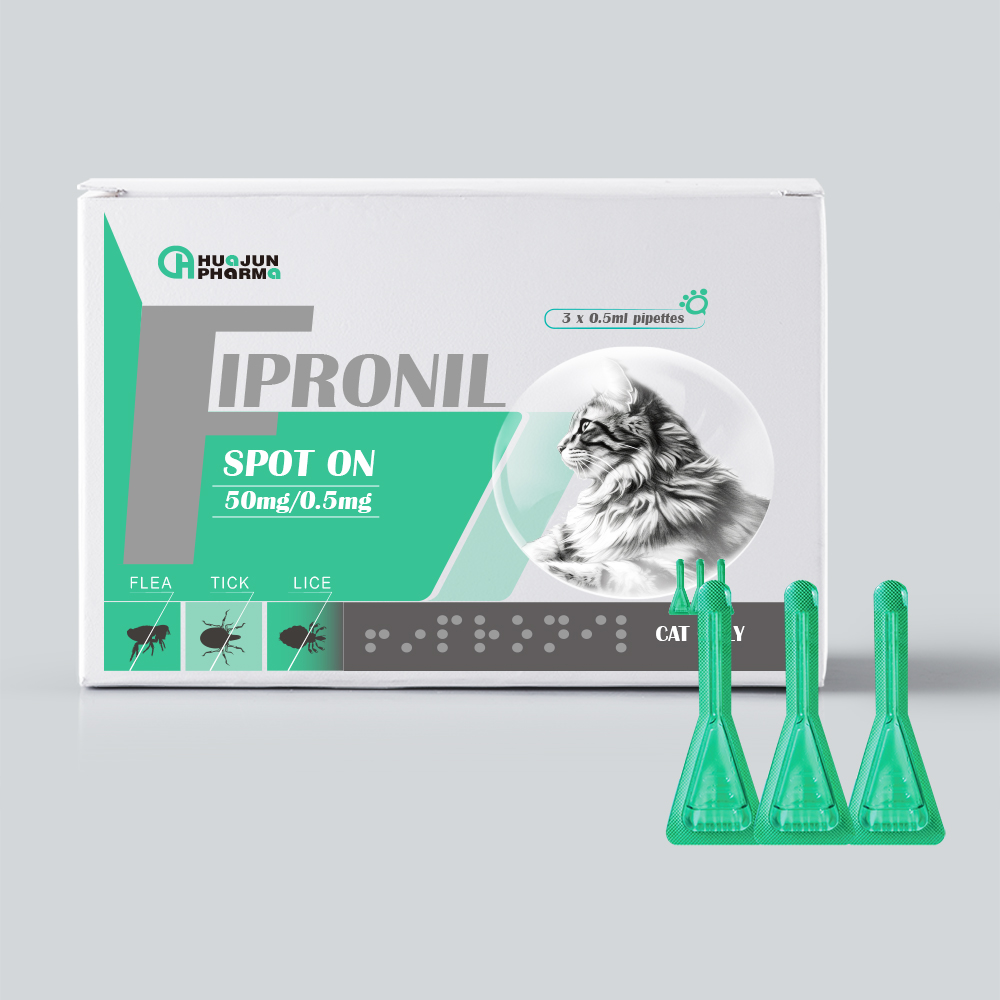
Agu . 14, 2024 00:37 Back to list
Managing Weaning Enteritis in Rabbits for Optimal Health and Growth in Young Stock
Understanding Weaning Enteritis in Rabbits Causes, Effects, and Solutions
Weaning is a critical phase in the life of young rabbits, marked by a transition from mother's milk to solid food. However, this transition can be fraught with challenges, one of the most significant being weaning enteritis. This gastrointestinal condition primarily affects young rabbits who have recently been weaned, leading to serious health issues if not properly managed. Understanding the causes, effects, and how suppliers can help mitigate this condition is essential for rabbit producers and pet owners alike.
What is Weaning Enteritis?
Weaning enteritis is characterized by inflammation of the intestines that often manifests as diarrhea, dehydration, and lethargy in young rabbits. This condition typically occurs in rabbits aged 4 to 12 weeks, coinciding with the weaning process. The sudden dietary change and increased stress during this period can disrupt the balance of gut bacteria, making young rabbits more susceptible to infections and gastrointestinal disturbances.
Causes of Weaning Enteritis
Several factors contribute to the onset of weaning enteritis in rabbits. Firstly, dietary changes are a significant trigger. When young rabbits switch from a milk-based diet to solids, their digestive systems may struggle to adapt. If they are introduced too quickly to high-starch or low-fiber foods, the imbalance can result in digestive upset.
In addition to dietary factors, stress also plays a crucial role. The weaning process itself can be a stressful event for rabbits. Factors such as the abrupt separation from the mother, changes in their environment, or the presence of new companions can heighten their stress levels, weakening their immune systems.
Furthermore, pathogenic bacteria such as Escherichia coli (E. coli) or Clostridium perfringens can proliferate in the gut during this sensitive period. If the gut flora is disrupted, these harmful bacteria can take over, leading to enteritis.
Symptoms and Effects
weaning enteritis in rabbits supplier

The signs of weaning enteritis can vary in severity but commonly include
1. Diarrhea Watery stool is often the first noticeable symptom and can rapidly lead to dehydration. 2. Loss of Appetite Affected rabbits may refuse food, leading to further decline in health. 3. Lethargy Infected rabbits often become less active and more isolated from their peers. 4. Weight Loss Due to the combination of diarrhea and anorexia, significant weight loss can occur.
If left untreated, weaning enteritis can be fatal. Therefore, timely intervention is crucial in managing this condition.
Solutions and Supplier Roles
Suppliers of rabbit feed and care products play an essential role in preventing and managing weaning enteritis. By providing high-quality, nutritionally balanced diets that are appropriate for young rabbits, suppliers can help ensure a smoother transition during weaning. It is vital to offer diets high in fiber, low in starch, and designed to support gut health.
Moreover, suppliers can educate customers about the importance of gradual dietary changes. Instead of abruptly switching from milk to solid food, introducing small amounts of high-fiber pellets alongside fresh hay can ease the transition. Including probiotics in their diets can also help maintain a healthy gut flora.
In addition, suppliers can advocate for stress-reducing practices during the weaning process, such as maintaining familiar environments and minimizing potential stressors. Providing appropriate housing and keeping young rabbits in small groups can create a calmer setting that reduces the likelihood of illness.
Conclusion
Weaning enteritis is a serious condition that can significantly impact young rabbits during their crucial developmental stage. By understanding the causes, symptoms, and preventative measures, both rabbit producers and pet owners can take proactive steps in mitigating the risks associated with this condition. With the support and resources provided by suppliers, the health and well-being of young rabbits can be safeguarded through this challenging transition.
-
Acute Salpingitis and Oophoritis AI Factory
NewsJul.31,2025
-
Premium China Bacillus Subtilis Supplier & Factory Solutions
NewsJul.30,2025
-
Premium Avermectin Supplier in China | Custom Solutions Available
NewsJul.29,2025
-
China Bacillus Subtilis Supplier - Custom Factory Solutions
NewsJul.29,2025
-
China Salivation: Leading Custom Salivation Supplier & Factory Solutions
NewsJul.29,2025
-
Leading Lincomycin Hydrochloride Manufacturer & Supplier with High Purity
NewsJul.29,2025




